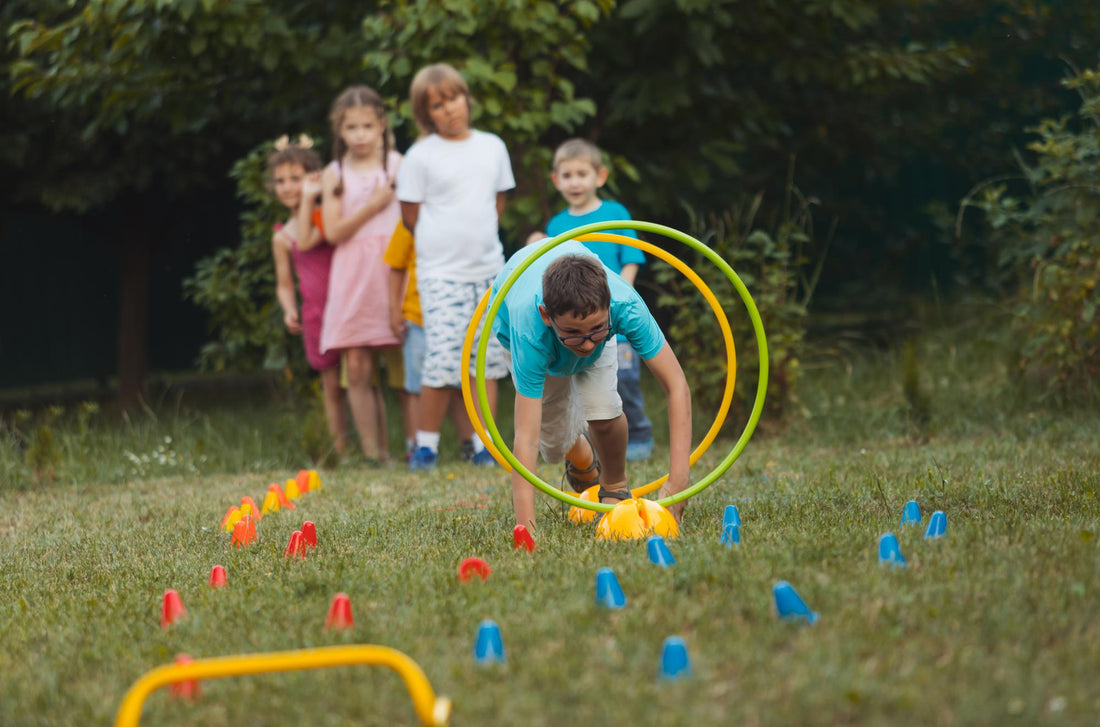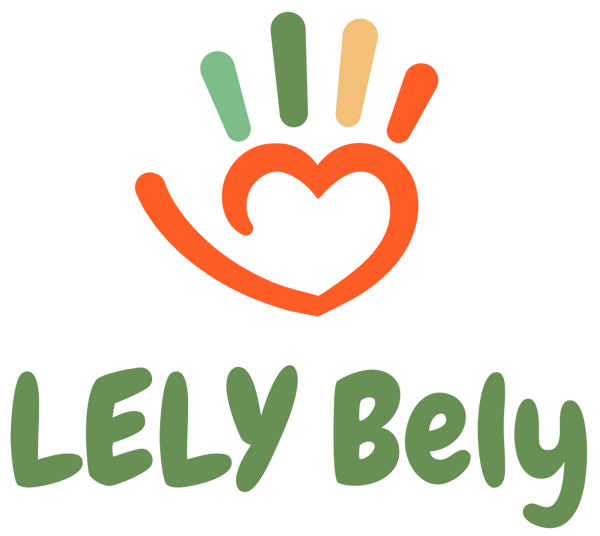
Step by Step: The Role of Play in Childhood Development
Share
The fabric of childhood is richly woven with the threads of play, a universal language spoken fluently by children worldwide. It's through play, such as the simple yet profound stepping stone games, that children discover the world and their place within it. This article will unfold the layers of physical play and highlight its pivotal role in the growth and development of children.
The Foundation of Physical Play
Play is not just a pastime but the bedrock of childhood development. Physical games, with their inherent demand for action and interaction, lay the foundation for a robust developmental journey. They are the gyms where children build not only muscle but also character, intellect, and social understanding.
Coordination and Motor Skills
Physical play is the playground where coordination and motor skills are honed. Stepping stone games, for example, require children to judge distance, develop hand-eye coordination, and refine their motor skills. These are critical life skills that benefit a child’s ability to interact with their physical world efficiently and effectively.
Balance and Spatial Awareness
As children leap from stone to stone, they are not just playing — they are mastering balance and spatial awareness. They learn the crucial skill of how to navigate space, understand their body in relation to their environment, and control their movements with precision.
Cognitive Development
Physical play sparks cognitive growth. When a child assesses how to jump to the next stone, they are solving a problem. They're learning to think ahead, plan their actions, and understand cause and effect. These are cognitive skills that will serve them well in all areas of life.
Emotional and Social Growth
Play is also a critical channel for emotional and social growth. It teaches resilience as children learn that falling is just a step towards getting back up again. It fosters social skills as they learn to share space, take turns, and play fairly with others, laying the groundwork for empathy and cooperation.
Encouraging Risk-Taking and Confidence
Through physical play, children learn to take risks. They test their limits, which is essential for developing confidence and a sense of adventure. With each successful leap, their self-esteem grows, encouraging them to take on new challenges.
Stress Relief and Joy
Play is a natural stress reliever for children. It’s an outlet for emotions and energy, a way to laugh, shout, and simply be a child. The joy derived from physical play is fundamental to a child’s well-being and happiness.
Conclusion
Play, particularly physical play like stepping stone games, is integral to childhood development. It is a catalyst for physical, cognitive, emotional, and social growth. As we nurture our children’s love for play, we nurture well-rounded individuals poised to step confidently through life’s challenges. It is our duty to ensure that the stepping stones of play lead them to a future of limitless potential.
